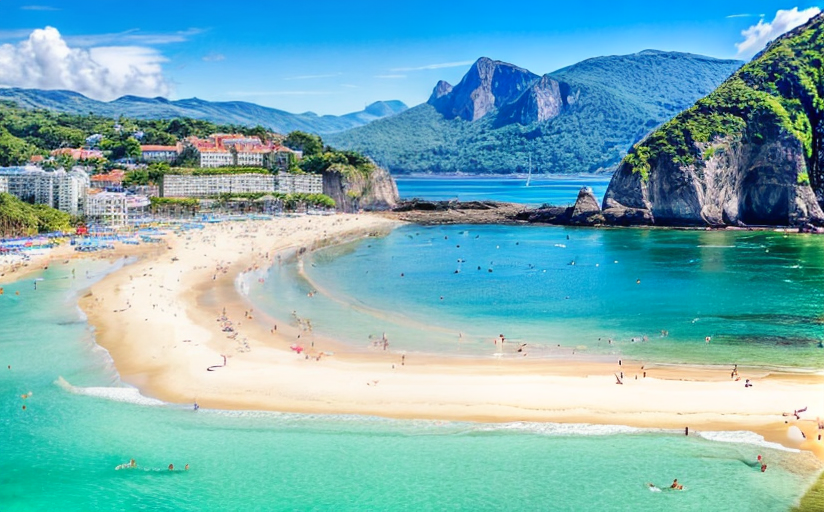The Effects of Overtourism on Popular Destinations
In today’s globally connected world, the influx of tourists in popular travel destinations embodies a double-edged sword, acting as an economic booster while simultaneously threatening socio-economic structures, local ecosystems and unique cultures. This article explores the impact of overtourism, presenting compelling case studies and potential solutions.
Pros and Cons of Overtourism
From generating employment to driving up local incomes, tourism has multiple benefits. However, when the number of visitors exceeds a location’s carrying capacity, resulting in overtourism, it alters the local socio-economic landscape, degrades the environment and leads to cultural erosion. Popular destinations such as Venice and Barcelona are illustrative examples of destinations under strain.
Environmental and Socio-economic Consequences
Overtourism results in environmental degradation due to litter, pollution, and increased strain on local resources. Such an influx can lead to loss of biodiversity, disruption of ecosystems, and contribute to climate change. Socio-economically, overtourism often leads to increased cost of living due to price inflation and overcrowding, negatively affecting local communities. Additionally, tourism can contribute to cultural erosion as traditions become commercialized or altered to cater to tourists.
Case Studies: Venice and Barcelona
Venice, known for its unique architectural heritage and intricate canal system, has confronted extreme overtourism. The resulting damage to buildings, ecosystem disturbance and the displacement of locals highlight the destructive potential of uncontrolled tourism.
Similarly, Barcelona’s high visitor numbers have created housing problems for locals and strained relationships between visitors and the local community. These cities serve to underscore the need for responsible tourism approaches, respect for local cultures and limitations on visitor numbers.
Strategies for Sustainable Tourism
To balance the benefits and drawbacks of tourism, sustainable practices need to be implemented. These include regulating visitor numbers, promoting off-peak tourism, developing responsible tourist behaviors, and implementing rules to protect local environment and culture.
Economic Dependency and Tourism Management
Many popular destinations rely heavily on tourism for economic growth. Finding ways to manage growth sustainably while supporting local communities is a challenging but necessary endeavor. Economic diversification, sustainable tourism strategies, and regulations on tourist behaviors are potential elements of a comprehensive approach towards mitigating the impact of overtourism.
In conclusion, overtourism presents a complex challenge with significant impacts on popular destinations globally. However, with careful management and sustainable practices, popular travel destinations can strike a balance between economic benefit, preservation, and visitor experience.


















Comments
Leave a Comment